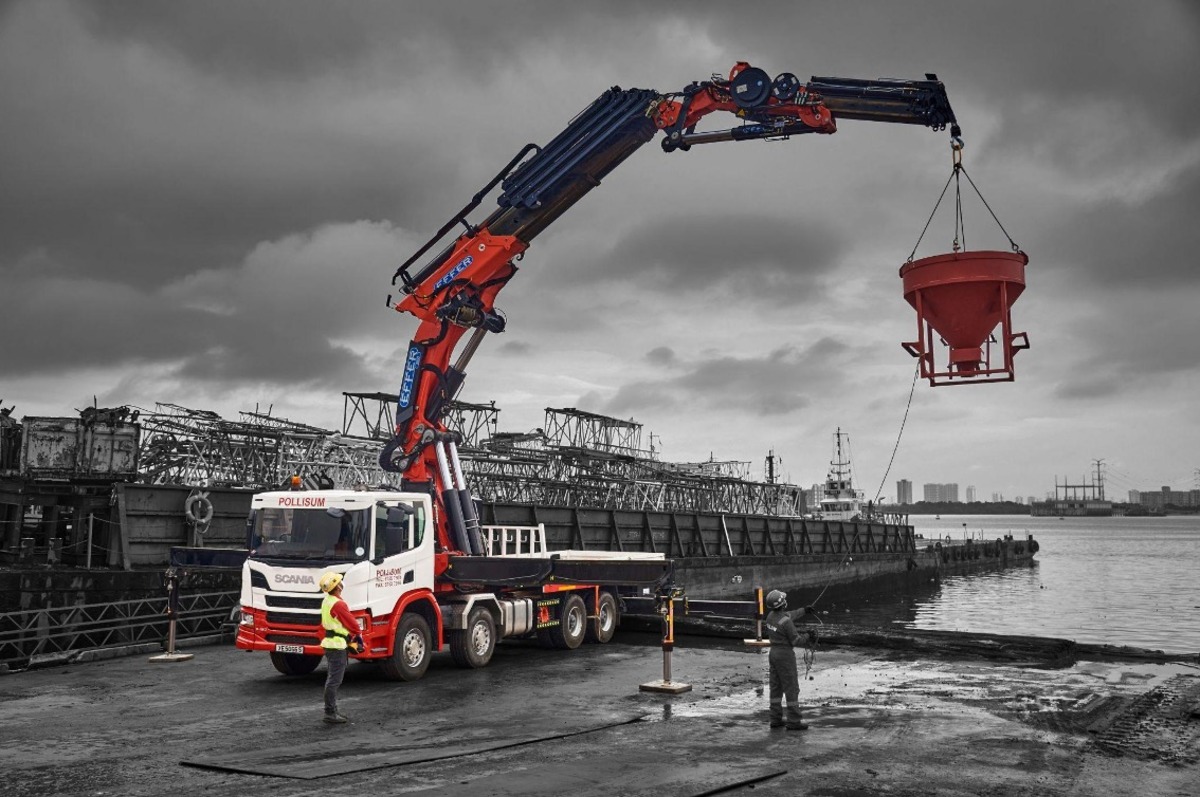Cranes are essential for construction and heavy lifting tasks, yet their operation demands strict adherence to safety protocols, particularly when rented. Ensuring safety is paramount to preventing accidents and injuries. In this article, we explore top safety tips for operating rental cranes, as advised by a leading crane rental company.
Conduct Thorough Inspections Before Use
Every crane rental begins with an inspection. Before operating the crane, it’s crucial to perform a detailed check to ensure all parts are in good working order. This includes examining the crane’s hooks, ropes, brakes, and safety devices for any signs of wear or damage.
Daily and Pre-operation Checks
Start each day with a pre-operation inspection and repeat the check each time a different operator takes control. These inspections are essential to catch potential issues that could lead to accidents or breakdowns during operation.
Ensure Proper Training and Certification
Operating a crane requires specialized skills and knowledge. It is vital that all operators have the appropriate training and certifications to handle the specific type of crane they will be using.
Certification Requirements
Crane operators need certification from programs that meet or surpass OSHA standards. Confirm that all employed operators hold current certifications and have recently completed training sessions relevant to the specific crane models they will be operating.
Establish and Follow a Lifting Plan
A well-defined lifting plan is essential for the safe operation of any crane. This plan should include the weight of the load, the path of the movement, and the communication signals used on site.
Role of a Lift Director
For complex or high-risk operations, appointing a lift director is beneficial. This individual is responsible for overseeing the lifting operation and ensuring that the lifting plan is followed precisely.
Utilize Proper Personal Protective Equipment (PPE)
The use of appropriate personal protective equipment cannot be overstated. PPE for crane operations typically includes hard hats, steel-toed boots, high-visibility clothing, and sometimes hearing protection, depending on the environment.
Safety Gear Maintenance
Regular checks and maintenance of safety gear ensure they provide the necessary protection. Damaged or worn-out equipment should be replaced immediately.
Maintain Clear Communication
Effective communication is crucial during crane operations. Hand signals, radios, or other electronic communication devices should be used to ensure messages are clearly relayed between the crane operator and other site personnel.
Standardizing Signals
Adopt and educate all team members on standardized hand or radio signals. This reduces the risk of miscommunication and potential accidents.
Be Aware of the Environment
Environmental conditions can significantly affect crane operations. Operators must be aware of the weather, ground conditions, and any other environmental factors that could impact the crane’s performance.
Weather Considerations
Operators need to be especially vigilant about sudden weather shifts, including high winds, snow, and rain, as these conditions can create significant risks during crane operations.
Regular Maintenance Is Key
Regular maintenance is crucial to ensure the crane operates safely. Adhering to the maintenance schedule provided by the crane rental company in Utah can prevent mechanical failures that could lead to accidents.
Importance of Maintenance Logs
Keeping detailed maintenance logs helps track the condition of the crane and can provide crucial information in the event of an accident or malfunction.
Conclusion
When operating rental cranes, safety must always come first. By adhering to essential guidelines, companies and operators can significantly reduce accident risks and safeguard everyone involved. Regular training, meticulous maintenance, and strict compliance with safety protocols are crucial for the safe operation of rental cranes. These practices not only protect operators but also boost the efficiency and reputation of the construction projects they support.














